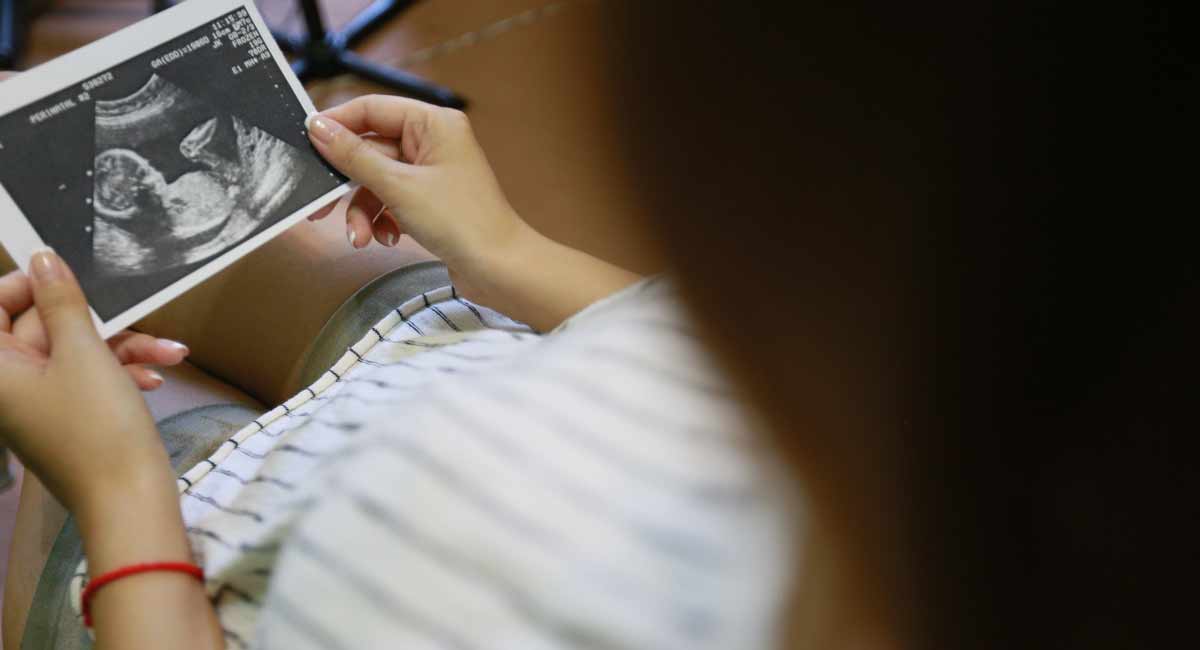When new parents are experiencing a pregnancy, you can usually count on them saying at least once during its duration, “As long as the baby is healthy, that’s all that matters.” But what happens when the parents find out their baby might not be healthy after all?
One of the most terrifying things a parent can learn during pregnancy is that their child has a disability, and it is an experience happening more and more frequently, as prenatal testing technologies continue to advance. Unfortunately, this pro-life tool has been hijacked by the abortion industry, and parents often find themselves pressured to abort. As a pro-life friend, there are ways you can help.
1. Give encouragement. One of the benefits of getting a prenatal diagnosis today is the astonishing number of medical advancements. Most people, however, didn’t grow up around people with disabilities and aren’t necessarily aware of how much better things are now than they were 40 years ago. So, parents are understandably scared. Do tell them that it will be OK, and reassure them that the worst-case scenario playing out in their heads may not happen — remind them that their baby has a good chance to not only survive, but thrive.
2. Be careful not to give false hope. Many who wish to help may suggest that the tests might be inaccurate, or that a “miracle” might happen, and their baby will be healed. These comments are nearly always well-intentioned, but they can be painful for grieving parents who are trying to come to grips with a diagnosis. In addition, while healing is absolutely a biblical concept, the suggestion of a “miracle cure” from God can unintentionally reinforce the notion that there is something wrong with having a disability.
3. Offer resources and support. If the parents’ doctor supports abortion, then there is a very good chance they will have been pressured to abort their child, and will likely not have received any information about the resources and support available to them. There are organizations that can help, if you make sure to point them in the right direction first. Disability organizations, like the Down Syndrome Diagnosis Network, the Cystic Fibrosis Foundation, the Spina Bifida Association, and countless more can get them connected with local support, pair them with resources, and give them much needed information on what to expect.
READ: Aborting a child for a poor prenatal diagnosis is discrimination, and it helps no one
4. Don’t downplay their feelings. It is normal for parents to experience a wide array of negative emotions after receiving a disability diagnosis. They will likely be scared, angry, mourning the loss of the child they were expecting — and feeling guilty for feeling that way. Reassure them that they are not bad parents for feeling this way. Commiserate with them, affirm their feelings. Don’t try to wrap everything up in sunshine and rainbows when they aren’t ready for it.
5. Check in. A prenatal disability diagnosis will often change the entire scope of the pregnancy. They will be going through more ultrasounds, screenings, and tests on a regular basis. Be there for them, ask questions, and show that you care about what’s going on.
6. Give them practical help. Because of the aforementioned issue, it may be more difficult for them to find the time to get things done. Bring them meals, help them get baby supplies, offer to help with laundry, errands, or cleaning the house. Do what you can to lighten their load so all they have to worry about is looking after the health of both mom and baby.
Receiving a prenatal diagnosis is most often a heart-wrenching and terrifying experience. As a pro-life community, we can help make the difference between life and death by giving love, support, and empathy during a difficult time.
“Like” Live Action News on Facebook for more pro-life news and commentary!







